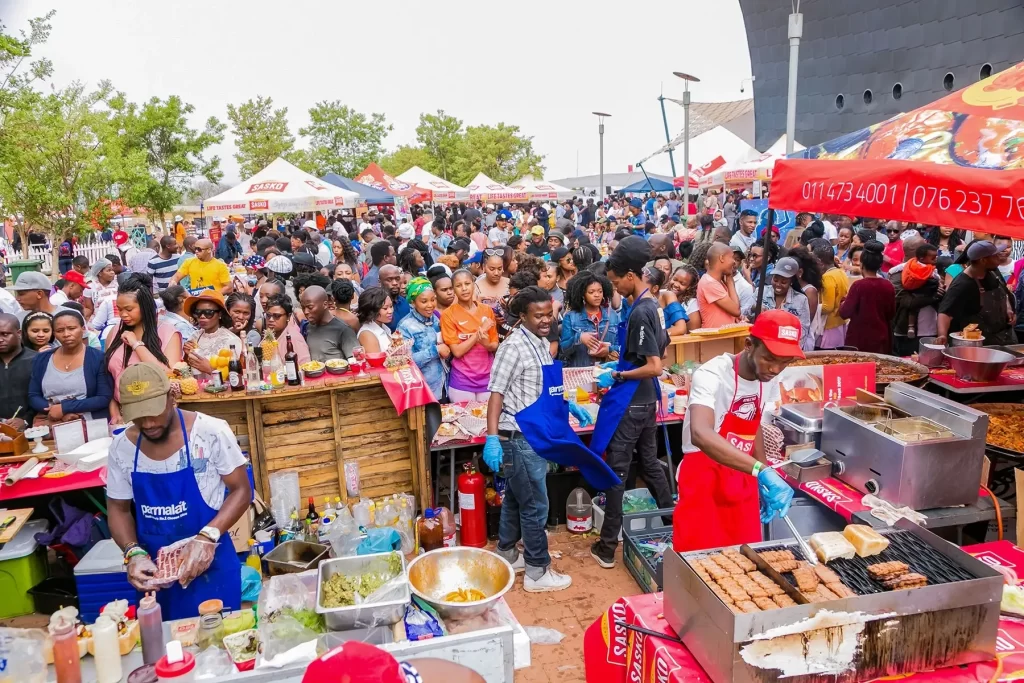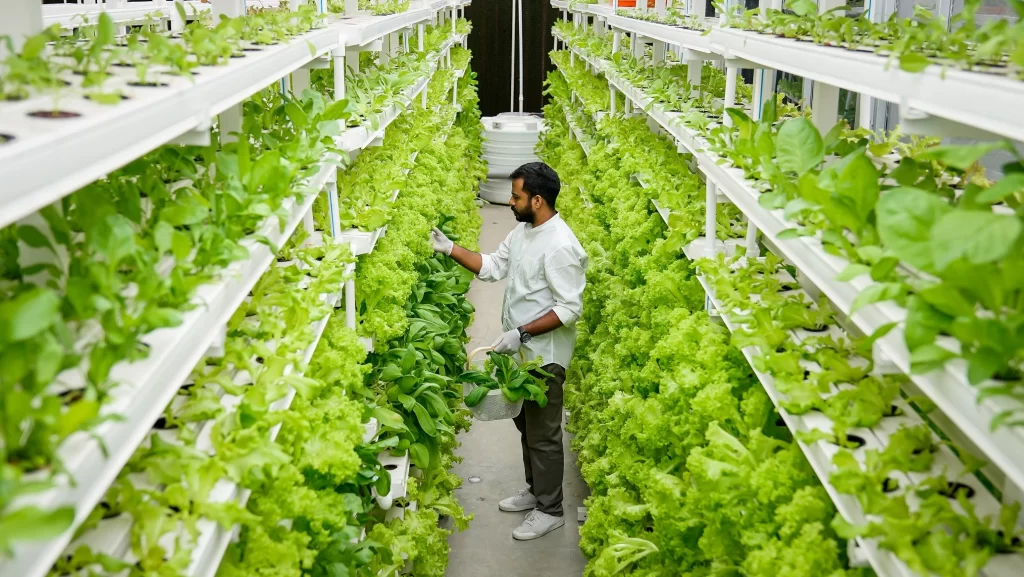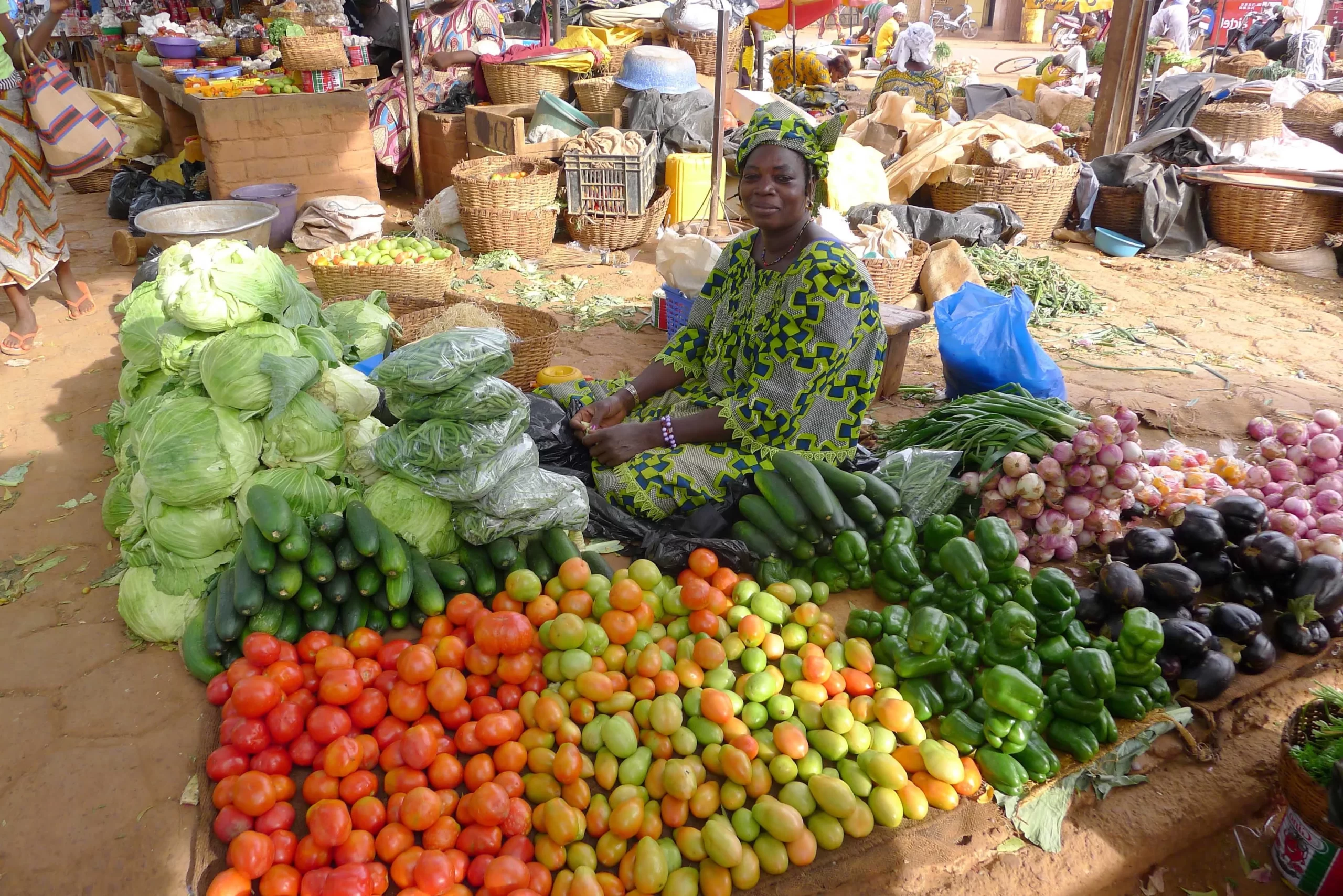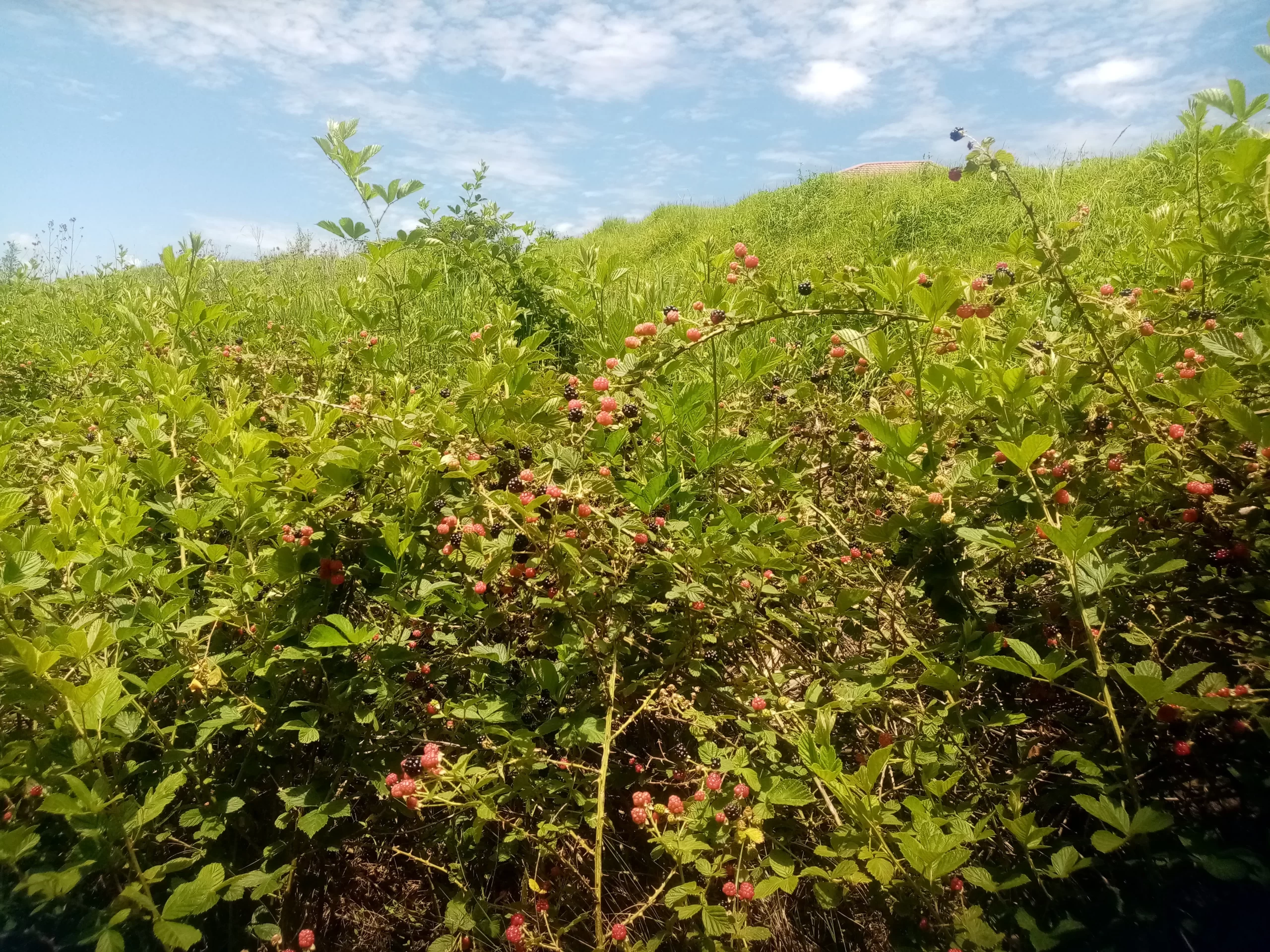Did you know South Africa has seen a 350% increase in veganism since 2016?
I’ll take you to Cape Town’s busy markets and Johannesburg’s fine dining. Plant-based living is changing South Africa’s food scene, and veganism is rising.
See how traditional African cuisine merges with modern vegan ideas. It creates a unique food revolution.
Historical Context: Traditional Plant-Based Dishes in South African Culture
I’ve found some fascinating history about plant-based eating in South Africa.
Let me share it with you.
You know what’s interesting?
Many traditional South African communities have used plant-based foods for ages, long before veganism was trendy!
After much research, I am impressed by how deeply rooted these practices are in local cultures.
Take umngqusho, for example. It’s a dish made from samp (crushed corn kernels) and beans. Nelson Mandela loved it.
I found that many rural communities relied on legumes, wild greens (like morogo), and grains for food while researching traditional dishes.
They weren’t “vegans” by today’s definition, but they had a beautiful bond with plant-based cooking.
I was struck by how spiritual and cultural practices shaped these eating patterns.
The Rise of Veganism in Traditional Dishes
Many Indigenous communities developed advanced ways to preserve and cook plants, making plant-based foods nutritious and delicious.
For example, fermenting porridges and preparing wild greens wasn’t just for survival. It aimed to create sustainable, nutritious food systems to support whole communities.
But here’s where things get complicated.
When colonialism arrived in South Africa, these traditional eating patterns dramatically shifted.
My research shows that European influences introduced new diets. They sometimes overshadowed indigenous, plant-based practices.
It’s incredible to see how many traditional methods and dishes have survived. They are now being rediscovered and celebrated in the rising modern vegan movement.
Local elders and food historians have told me that dishes like umfino (wild greens with corn) and morogo (African spinach) are making a huge comeback.
They’re not just “trendy vegan foods.” They connect to South Africa’s culinary heritage and remind us of the wisdom of traditional, plant-based cooking.
We must understand this history.
It shows that plant-based eating isn’t just a modern trend in South Africa. It’s a return to and a celebration of ancient, traditional wisdom.
Pretty amazing.
Let’s look at the evolution of this rise in veganism in Mzansi.
The Modern Vegan Movement in South Africa
Veganism is exploding in South Africa right now. It’s a movement I’ve been watching with fascination!
You wouldn’t believe the transformation I’ve seen in just the past few years.
Listen to this—there’s been a whopping 350% increase in people identifying as vegans since 2016!
Finding a vegan restaurant in Johannesburg or Cape Town was like looking for a needle in a haystack.
Now?
They’re popping up everywhere!
What I find particularly fascinating is who’s driving this change. It’s not just young urban professionals (though they’re a big part of it!). I’ve noticed a diverse group of South Africans embracing plant-based living.
South African Vegan Influencers and Their Impact on Veganism Explosion
The movement is crossing many cultural and economic boundaries. It’s reaching everyone from Stellenbosch University students to Durban business owners.
Here’s what’s interesting – social media has been a game-changer. I’ve been following several South African vegan influencers, and their impact is incredible.
They’re veganizing traditional dishes and sharing them with thousands of followers.
Instagram accounts showing Cape Town’s vegan food are now very popular. TikTok is full of young South Africans sharing their vegan journeys.
Vegan Entrepreneurs South Africa
But you know what gets me excited?
Global vegan trends are being uniquely adapted to the South African context. I’ve seen local entrepreneurs creating biltong alternatives (can you believe it?) and developing vegan versions of boerewors. They’re not just copying international vegan products but creating something uniquely South African.
The demographics are shifting, too.
Vegan Consumer Trends in South Africa
At first, my research found the vegan movement in affluent, urban areas.
Now?
I’m seeing it spread to townships and rural areas, though admittedly at a slower pace. It’s encouraging how many people are adopting “vegan-curious” lifestyles. They aren’t entirely vegan but add more plant-based meals to their diets.
I’ve observed that health concerns are a major driver, especially after COVID-19. But there’s also growing awareness about environmental issues and animal welfare.
South Africans are linking their food choices to global issues.
Let me tell you – the energy in this movement is contagious!
Every time I visit a new vegan café or a plant-based food festival, I’m amazed by the creativity and passion of the people involved.
Veganism is no longer just about food—it’s becoming a full-fledged cultural shift, and I can’t wait to see where it goes next!
South African Vegan Business Landscape
South Africa’s vegan business scene is thriving. It’s truly remarkable!
You know what amazes me most?
Finding a decent vegan restaurant was a real challenge just five years ago. I’m watching new plant-based businesses sprout up faster than I can track them!
South African Vegan Eateries
Take Lexi’s Healthy Eatery in Johannesburg. They started with one location and have expanded to multiple branches. Their success story is inspiring. It shows how hungry South Africans are for quality vegan options!
And fast-food outlets are not left behind. ProVeg research shows this much.
I’m excited about what’s happening in the traditional markets and spaza shops.
I’ve noticed something fascinating. Local entrepreneurs are using vegan-friendly ingredients to create innovative products.
Last month, I found a small business in Soweto. They make the most incredible, plant-based mageu, a traditional fermented drink.

They’re not just creating products but preserving culture while moving it forward!
I’ve tracked the market growth. The plant-based sector in South Africa has seen a 35% increase in new businesses since 2020.
That’ll blow your mind!
The entrepreneurial spirit is fantastic, from small, home-based vegan cheese makers to big firms like Fry’s Family Foods (which started here in Durban!).
What gets me excited is how these businesses are transforming traditional markets.
I remember visiting the Braamfontein market recently. Nearly half the food stalls now offer vegan options!
These entrepreneurs are not just selling products. They are educating their communities about plant-based living.
But here’s what I find most encouraging. It’s the economic opportunities this movement is creating.
I’ve spoken with several small business owners. They started with a vegan food stall and now run successful catering companies.
The ripple effect is amazing.
It includes local farmers growing diverse crops to meet demand and new distribution networks for plant-based products.
Even the big supermarket chains are getting in on the action.
Have you seen the vegan sections at Checkers and Pick n Pay lately? They’re massive compared to just a couple of years ago!
And don’t get me started on the local vegan product makers. They’re crushing it with innovative alternatives to traditional South African favourites.
Of course, it hasn’t all been smooth sailing.
I’ve seen businesses struggle with supply chain issues. They must make products affordable for the average South African.
But you know what?
The creativity and resilience I’ve witnessed in this community are truly inspiring. They’re building businesses and creating a better food system for all that will be more sustainable and compassionate.
Trust me, the future looks bright for vegan businesses in South Africa.
I hear of new ventures launching each week. They range from vegan ghost kitchens to plant-based protein makers.
It’s not just a trend anymore – a full-blown economic revolution, and I’m here for it!
But not everything is smooth, and there are challenges to be confronted.
Challenges and Adaptations
I want to be honest about the vegan movement in South Africa. It’s not all smooth sailing, but the solutions people are coming up with are fascinating!
Vegan Movement Challenges
First, let’s address the biggest elephant in the room: cultural resistance.
I’ve talked to many who see veganism as a rejection of their culture. “How can I give up my family’s traditional braai?” I hear this all the time.
But here’s what’s exciting. I’m seeing chefs and food entrepreneurs create plant-based versions of beloved traditional dishes.
Last week, I tried a vegan boerewors that could’ve fooled me!
Now, let me address something that bothers me – the affordability issue.
I won’t sugarcoat it. Many vegan alternatives are still pricey for the average South African. I remember walking into a speciality store in Cape Town. A small block of vegan cheese costs more than some people’s daily food budget.
It’s a real problem!
But there’s a silver lining. I’m seeing a rise in local entrepreneurs. They are creating affordable plant-based options using Indigenous ingredients, proving that veganism doesn’t have to mean expensive imported products.
The education gap is another challenge that keeps me up at night.
There’s still so much misinformation out there!
I’ve encountered people who genuinely believe you can’t get enough protein from plants (spoiler alert: you absolutely can!).
But you know what gives me hope?
I’m seeing excellent grassroots education initiatives.
From township cooking workshops to social media influencers, people are finding creative ways to share accurate information. They break down nutrition facts into local languages.
I have observed a clever idea: local adaptations that enhance the accessibility of veganism.
Some communities are reviving traditional plant-based dishes that were vegan all along!
I’ve seen street vendors in Soweto selling amazing vegan dishes. They don’t label them as “vegan.” They’re just good, cheap, plant-based foods.
The supply chain issues have been tricky, too.
I remember how hard it was to find some plant-based ingredients in the pandemic’s early days.
But this challenge has sparked some incredible innovations. Local farmers are growing more diverse crops, and new distribution networks for plant-based products are popping up.
You know what excites me?
The way South Africans are taking these challenges and turning them into opportunities.
The solutions are as diverse as our rainbow nation. They include affordable protein alternatives using local ingredients and support networks for new vegans.
Trust me—these challenges are real. But I see great creativity and determination in response to them. This makes me very optimistic about the future of veganism in South Africa.
We won’t just copy global trends. We’re creating unique solutions that fit our context!
Can South Africa sustain this trend?
Sustainable Impact and Future Prospects
I’m excited about the vegan movement in South Africa. It’s having a huge, sustainable impact!
I want to share what I see and my hopes for the future.
Do you know what truly excites me?
The environmental impact this shift is having!
Innovations in Vegan Farming
I’ve been looking at local farming data, and here’s something fascinating. Farmers transitioning to plant-based crops use up to 50% less water than traditional livestock farming. In a water-scarce country like ours, that’s huge!
I’ve visited several farms in the Western Cape. They’ve completely transformed their operations, and the difference is incredible.
Speaking of farming, I’m thrilled about the changes in local agriculture.
Last month, I visited a former cattle ranch that grows diverse crops such as quinoa, indigenous grains, and legumes.
The farmer told me something that stuck with me: “We’re not just growing food anymore – we’re rebuilding soil and creating jobs.”
How amazing is that?
I’ve learned about the health implications. They’re pretty remarkable! Healthcare providers I’ve spoken with report more patients are improving their health with plant-based diets.
This could be a game-changer in areas with high diabetes and hypertension. I’ve met people who’ve transformed their health by eating plant-based foods, and their stories are inspiring.
Sustainable Food Systems
But here’s what excites me about the future – innovation in our food system!
I’m watching young entrepreneurs develop new tech for urban farming, create plant-based versions of traditional foods, and build sustainable food distribution networks.
The creativity is off the charts!
I recently visited a vertical farm in Johannesburg. It grows fresh greens year-round for local communities. This is the future of food security right here in our backyard!

Want to know my prediction for the next five years?
We’ll see a massive growth in plant-based options at all prices. The market is maturing, prices are falling, and, more importantly, local solutions are emerging.
I’m excited about township-based vegan businesses. They’re proving that sustainable eating can be both accessible and profitable.
I’m optimistic about the next generation’s attitude toward plant-based living.
When I talk to university students and young professionals, they want more than veganism for health. They see it as part of a movement for sustainability and social justice.
They’re linking food choices, environmental impact, and community wellness. It gives me hope for the future.
Trust me on this. We’re not just seeing a dietary trend. There’s a shift in how South Africa views food sustainability and community well-being.
And from where I’m standing, the future looks deliciously green!
Conclusion
The rise of veganism in South Africa represents more than just a dietary trend – it’s a movement reshaping the nation’s relationship with food, culture, and sustainability.
As more South Africans embrace plant-based living, the future looks promising for this growing movement.
Whether you’re a curious omnivore or a committed vegan, there’s never been a more exciting time to explore South Africa’s vibrant vegan scene!
Share this post to explode the vegan movement in South Africa!



Leave a Reply